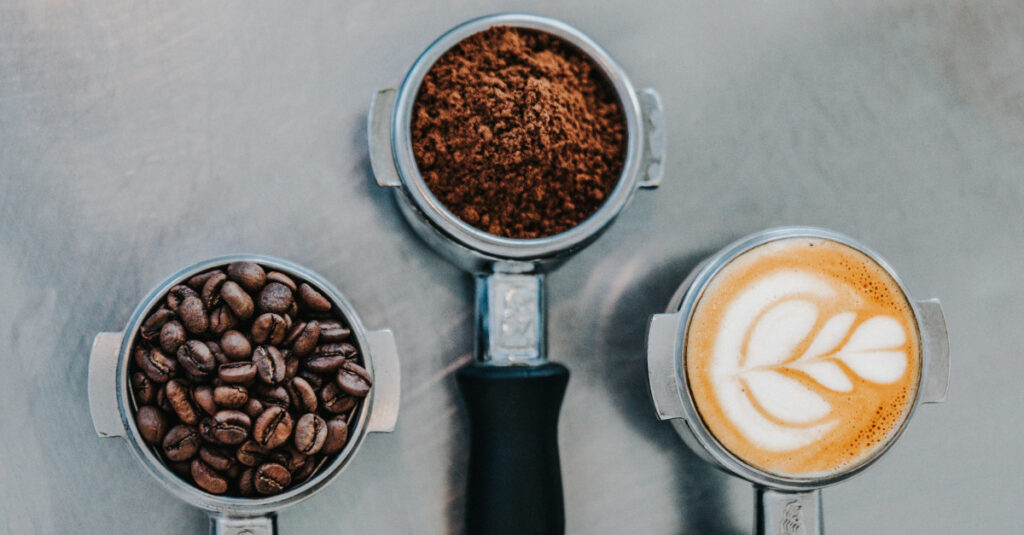Blood pressure and coffee are subject to conflicting research. Blood pressure may be affected by how often one drinks coffee.
This article is an introduction to the subject matter. Please visit links below for further research.
Blood vessel size decreases and blood pressure rises as a result. Caffeine constricts blood vessels because it is a vasoconstrictor. Caffeine exerts its effects by interacting with different brain receptors. Additional compounds in coffee, such as antioxidants, may protect blood vessels.
Increasing coffee consumption reduces hypertension by a small amount. With seven cups per day, a 9% reduction is in risk, and with each additional cup, a 1% reduction.
Coffee contains beneficial compounds, such as phenols, that may be protective. Individuals may metabolize caffeine differently due to genetic differences.
Coffee should be consumed with caution by people with high blood pressure, but it does not have to be avoided. Taking 3–4 cups a day is either neutral or may in some cases be beneficial.
Coffee increases blood pressure, but levels remain within healthy limits. Three hours after consumption, there is still a temporary increase in blood pressure.
Decaf coffee raises blood pressure? The effects of coffee on blood pressure could be attributed to other compounds in coffee besides caffeine. It may be possible to reduce blood pressure by switching from caffeinated to decaffeinated coffee, however.
Further information
NHS on Blood Pressure Prevention
Mayo Clinic: Caffeine, How does it effect blood pressure
Geleijnze et at, 2008. Habitual caffeine consumption and blood pressure






